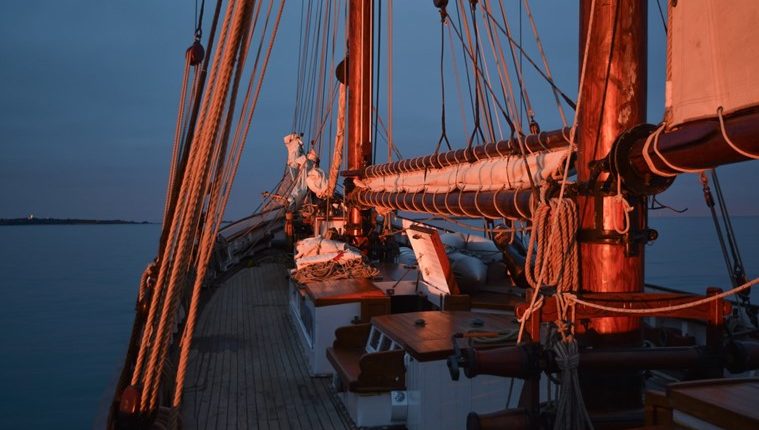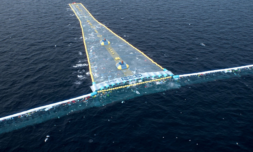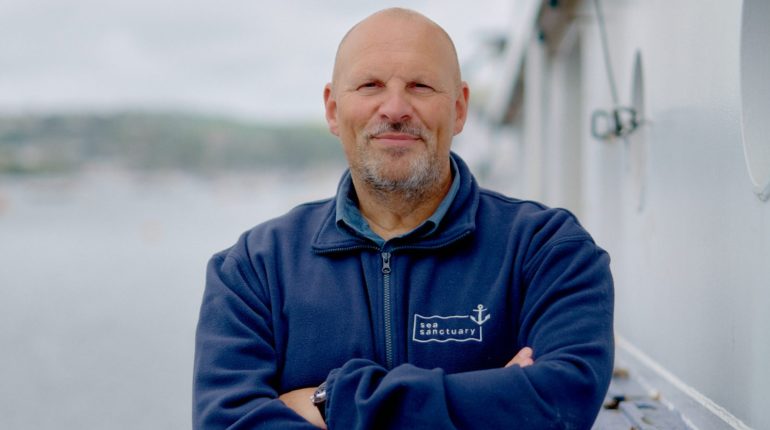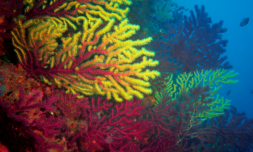As British mental health services near overcapacity, a Cornwall-based charity is taking therapy out of the office and out to sea. Combining certified counselling methods and marine-based activities, the team is helping people one boatload at a time.
A famous quote from the author Isak Dinesen states, ‘The cure for anything is salt water: tears, sweat, or the sea.’
When this was written in 1934, there was little scientific evidence confirming that the ocean could offer any genuine health benefits. Today, a growing body of research suggests exposure to ‘blue spaces’ like the sea can positively impact our mental states.
Along with these discoveries are organisations conducting work that confirms their findings.
The Sea Sanctuary, based in Cornwall UK, is a unique mental health charity that is utilising blue spaces – more specifically, the southern English coast – to improve locals’ mental and emotional wellbeing.
Since 2006, the charity has been welcoming people struggling with their mental health aboard sea vessels. For four days, they participate in marine-based activities, such as sailing the boat, cleaning the deck, and partaking in evidence-based therapies and counselling methods.
Along with speaking to experts, the goal is to invigorate people’s spirits, renew their sense of adventure, and give them an opportunity to reconnect with nature after traditional mental health services have failed.























